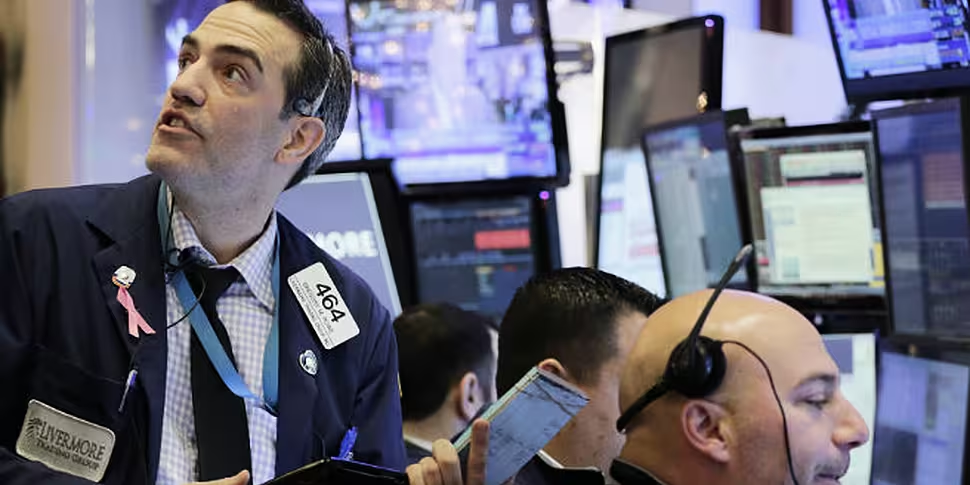In the last two days, experts from two major international financial institutions have warned that there is a real threat that the global economy will experience a fresh crash during 2016.
RBS bank’s Head of Credit, Andrew Roberts, raised eyebrows on Tuesday when he advised institutional clients to brace for a "cataclysmic year" and to sell everything except high-quality bonds.
“Sell everything except high-quality bonds. This is about the return of capital, not return on capital. In a crowded hall, exit doors are small,” the said.
Mr Roberts forecast that European stock prices could fall by 10% and those in the US by 20% while oil prices sink below $20 per barrel.
New Year Cheer...
Société Générale strategist Albert Edwards has issued an equally grim assessment of the global economic outlook - predicting that a new financial crisis is coming before the end of this year.
“The financial crisis will reawaken. It will be every bit as bad as in 2008-09 and it will turn very ugly indeed,” he told an investment conference in London.
During the opening weeks of 2016, there has been a feeling that underlying issues which have been threatening the global economy are beginning to come to the surface.

Asian markets have remained volatile, with major sell-offs in China creating jitters in other markets, while oil prices continue to dip, already falling to close to €30 per barrel with some analysts saying that without decisive action it could fall as low as $10.
Nigeria's oil minister Emmanuel Ibe Kachikwu indicated yesterday that some members of OPEC are calling for an emergency meeting in March.
The main concern going into 2016 is a major falloff in growth in emerging markets.
As 2016 continues its difficult start, some are questioning how wise it was for the Federal Reserve to persist with its interest rate hike in December.
“Emerging market currencies are still in freefall. The US corporate sector is being crushed by the appreciation of the dollar,” Société Générale's Albert Edwards said - commenting on recent movements in money markets which have been intensified by the Fed's decision.
What's next?
Mr Edwards said that he no longer has faith in policymakers in the US and Europe: “They didn’t understand the system then and they don’t understand how they are screwing up again. Deflation is upon us and the central banks can’t see it.”
"They didn’t understand the system then and they don’t understand how they are screwing up again. Deflation is upon us and the central banks can’t see it."
He then added that the rise of the dollar will create deflationary pressure and solvency issues for banks and that mismanagement of the current financial challenge will hurt the credibility of Western policymakers in the future.
Writing in today's Financial Times, Martin Wolf warns that "fresh credit bubbles" in emerging markets are now "popping."
He notes that a recent report from the World Bank found that half of the 20 largest developing country stock markets have already experienced falls of 20% or more from their 2015 highs.
Investors withdrew some $52bn from equity and bond funds in emerging markets during the third quarter of 2015.
This has been attributed to the Fed's signaling that a rate hike was on the way, the fall of commodity prices, and increased global security threats - particularly in the Middle East.
As China slumps, Russia continues to lack economic firepower and growth in emerging markets stalls it is hard to see where stimulation for the global economy is going to come from.









